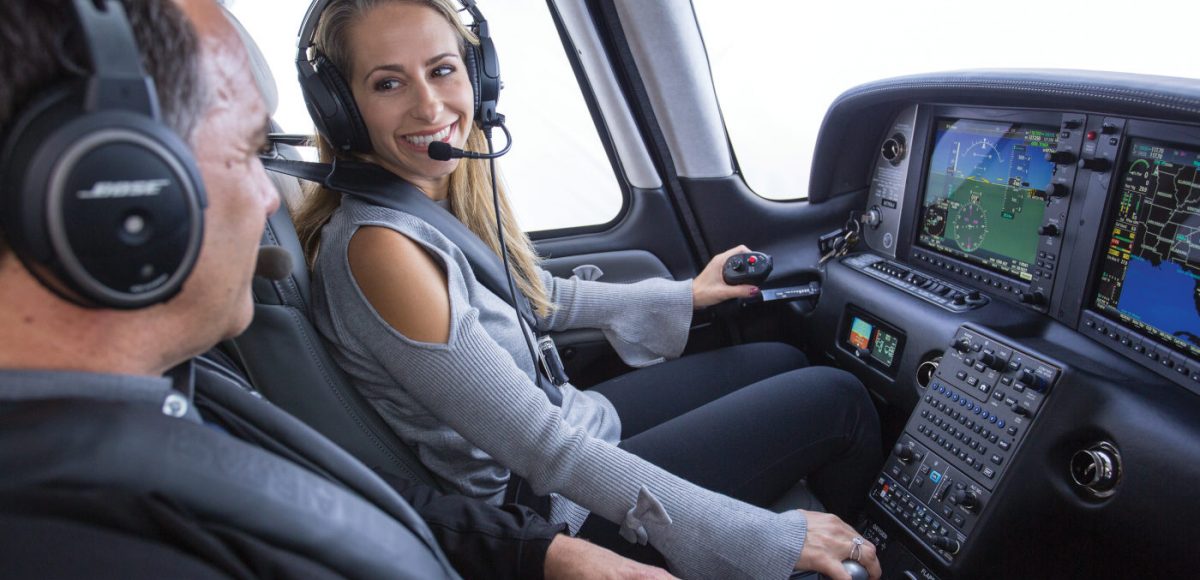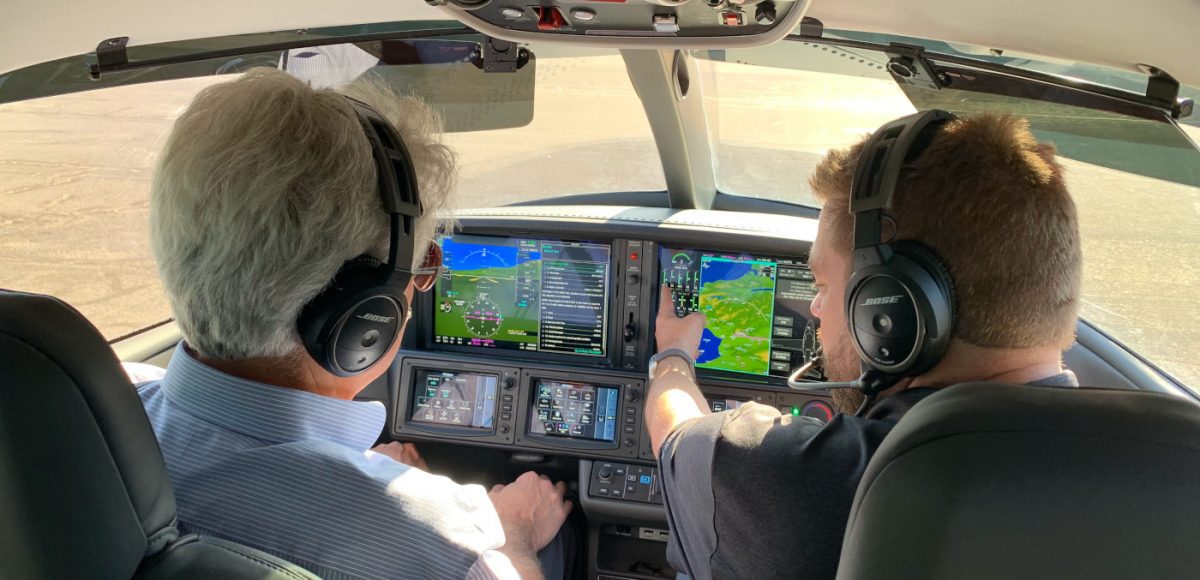Here at the Center we guide pilots through the challenging process of obtaining or retaining their medical certificate. In fact, did you know that pilots who are responsive to the FAA’s requests for exams and documents stand a 90% chance (statistically speaking) of obtaining their medical certificate?
Dr. Waterworth is sympathetic to pilots who have expended time, money, and hard work to obtain their flight training and credentials.
We are here to help! Dr. Waterworth has assisted several pilots with challenging histories to obtain their medical certificate. Patience is required as there are usually many obstacles to overcome, but with a willingness to provide what is needed the FAA often grants the medical certificate.
Services available at the center:
- HIMS Neuropsychological Evaluations
- Psychological Evaluations
- Substance Abuse Evaluations
- ADHD Evaluations
- CogScreen -AE Administrations
- Air Traffic Controller Tier Two Evaluations
The purpose of evaluations is to assess for potential cognitive or psychological deficits which may interfere with flight performance or flight training.
What is involved in the evaluation process:
- Detailed face-to-face interview
- Interactive cognitive testing
- Computer-based cognitive testing
- Contact with loved ones and colleagues may be necessary
- Comprehensive neuropsychological evaluations are extensive and typically last 8 to 9 hours. Thus, these should be done over two days.
- CogScreen administrations last 75-90 minutes
- Urinalysis may be required
Pilot Evaluation FAQs
It seems like all the FAA does is put up road blocks and turn people down. Is this true?
It is true that the burden of proof is on the pilot when he appropriately reports a usually disqualifying condition. But note that the FAA has become more lenient in recent years; prior to then pilots with mental health conditions were flatly denied a medical. The approval rate for a medical certificate for pilots who submit all required paperwork is actually 90 percent. In other words, the vast majority of pilots who go through all the required testing like this will be approved. But the burden of showing your mental and physical fitness is on you, since holding a medical certificate to fly is a privilege, not a right.
I am required to do this evaluation because I had a DUI. Will you just be evaluating my substance usage?
No. Because you had this incident the FAA requires an evaluation which is comprehensive and takes a look at the total mental fitness of a pilot. This makes sense because a pilot can have a DUI for a number of reasons, including a single one-time error in judgment, chronic substance use, or emotional instability.
How will you determine whether I pass or fail this evaluation?
The FAA makes the final decision on whether you pass or fail. Once the report is completed and sent in to the FAA they have reviewers who read the report and make the determination whether or not to issue the medical certificate. The purpose of the evaluation is to present a comprehensive picture of the cognitive and mental health of the pilot, so the FAA reviewer can make that determination based on all the evidence.
Will my health insurance cover the cost of this Neuropsychological or Psychological Testing?
It may be possible to find a neuropsychologist who is in your insurance network and able to conduct some of these tests. However, if they are not vetted by the FAA as qualified you are likely to not have their report accepted.. If you do not use an FAA trained evaluator, he/she will not be familiar with the specific FAA standards and your evaluation will likely not be accepted. Thus, if your medical certificate is important to you, you ought to work with a specialist who is both competent to administer neuropsychological testing AND specifically trained by the FAA.
How can I prepare for these tests?
You cannot specifically prepare for these tests because they are carefully protected in terms of security. If these tests could be obtained by anyone, and you could practice them, we would not be able to gain a true measure of your cognitive abilities. That said, brain games could well assist you with being more prepared for these tests. One set of tests specifically designed to help pilots can be found here:
http://www.optimalaviation.com/ In addition, brain games like Lumosity might help you perform better. There is no specific data that correlates brain-game computer tests with these neuropsychological tests, but if you practice with brain-games you might perform better because you will be engaging your brain in a similar manner. You can also prepare for these tests by making sure you feel well-rested, nourished, and calm, when you arrive.
I only take a normal dose of a medication to help with my mood, why am I being required to go through all this?
As recently as 5 years ago, if a pilot had ever had a diagnosis of depression or anxiety, he could not receive a medical certificate –period. The FAA has come to recognize that mild cases of mood conditions will usually not preclude a pilot from being stable and safe. Thus, the FAA now allows the pilot the opportunity to show that he indeed is safe and stable, but only if he can demonstrate this to a qualified psychologist.
Are there certain mental health conditions which are entirely disallowed by the FAA?
Yes, schizophrenia, bipolar disorder, severe major depression, and ADHD. ADHD is a condition which some people outgrow, and sometimes it was diagnosed incorrectly. Thus, a comprehensive re-evaluation such as this one can determine whether you will meet specifications for the FAA for a special medical issuance.
How did you become interested in conducting pilot evaluations?
I have been married to a pilot for 25 years, and have a few hundred hours ‘in the right seat’ from his years of flight training. He is now a commercial airline pilot and I supported him from his private pilot certificate up through his ATP. I understand how essential the medical certificate is to a pilot’s career and well-being.





